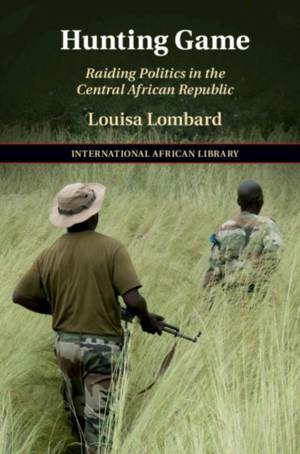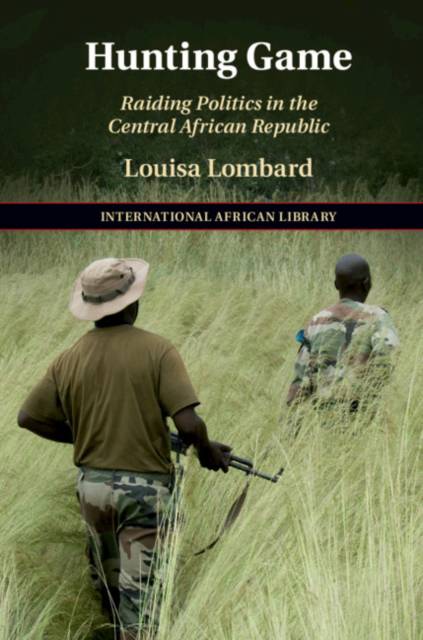
- Afhalen na 1 uur in een winkel met voorraad
- Gratis thuislevering in België vanaf € 30
- Ruim aanbod met 7 miljoen producten
- Afhalen na 1 uur in een winkel met voorraad
- Gratis thuislevering in België vanaf € 30
- Ruim aanbod met 7 miljoen producten
Zoeken
€ 172,95
+ 345 punten
Uitvoering
Omschrijving
Northeastern Central African Republic - a vast space bordering Chad, Darfur, and South Sudan - is a quintessential 'stateless' space, where the government has little presence and armed actors operate freely. In this first ethnographic and historical study of Central African raiding, Louisa Lombard investigates practices of forceful acquisition, a distinctive political repertoire in which claims to social status are linked to the ability to take (from wild spaces, or from others) and are frequently overturned. People have developed raiding skills to survive and live in a stateless borderland for over 150 years. From the trans-Saharan slave trade, to colonial forced labour regimes, big game hunting and coercive conservation, to rebellion, raiding has flourished where people's status in relation to each other is unclear and where institutional guidance is absent. Hunting Game offers rich comparative insights into the vibrant, if not always salutary, role that forceful acquisition plays in the world today.
Specificaties
Betrokkenen
- Auteur(s):
- Uitgeverij:
Inhoud
- Aantal bladzijden:
- 270
- Taal:
- Engels
- Reeks:
- Reeksnummer:
- nr. 61
Eigenschappen
- Productcode (EAN):
- 9781108478779
- Verschijningsdatum:
- 9/04/2020
- Uitvoering:
- Hardcover
- Formaat:
- Genaaid
- Afmetingen:
- 163 mm x 231 mm
- Gewicht:
- 498 g

Alleen bij Standaard Boekhandel
+ 345 punten op je klantenkaart van Standaard Boekhandel
Beoordelingen
We publiceren alleen reviews die voldoen aan de voorwaarden voor reviews. Bekijk onze voorwaarden voor reviews.











